7 Powerful Tips for Buying a Generator
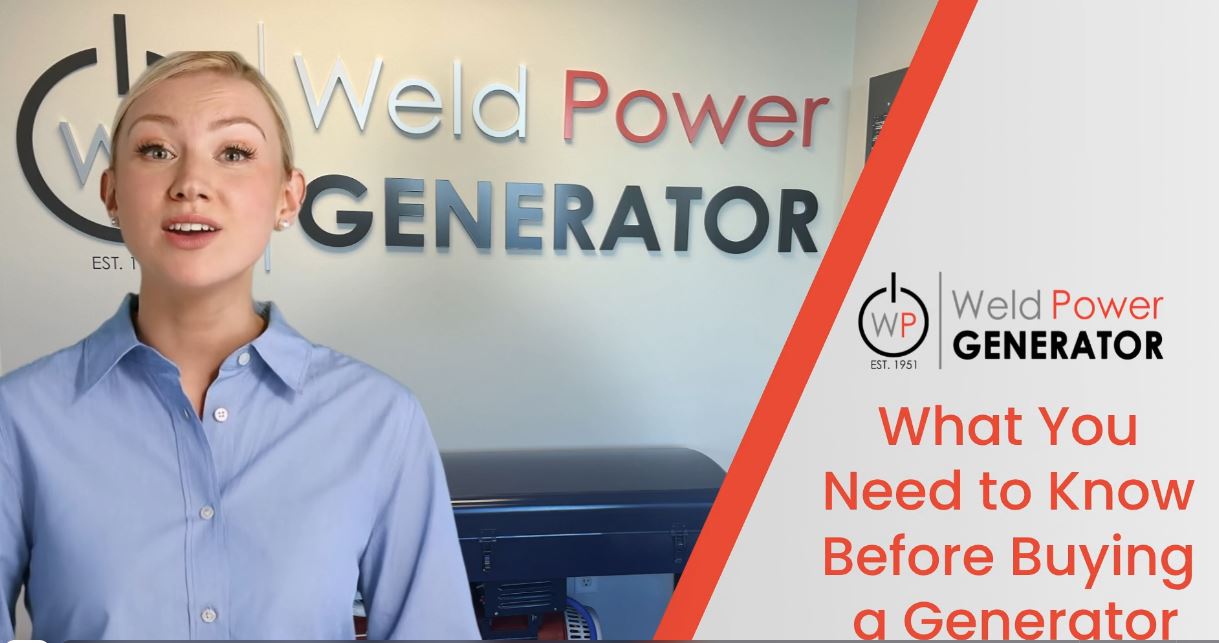
Power outages are more than an inconvenience, they can bring business operations to a halt, impact customer satisfaction, and result in significant financial losses. But before buying a generator, there are several important factors to evaluate to ensure the unit that you choose meets your business’s needs both now and in the future. Whether you’re running a hospital, data center, manufacturing facility, or office complex, a commercial generator is a critical investment in continuity and resilience.
Table of Contents
Determine Your Power Requirements
Before buying a generator, start by assessing your facility’s electrical load. This includes identifying which systems and equipment need to stay powered during an outage, such as lighting, HVAC, refrigeration, security systems, data servers, elevators, etc. A professional load analysis will help calculate the total kilowatts (kW) required for seamless operation during a power loss. It’s essential to plan not just for today’s needs but also for potential future growth, as this generator could provide your business with a backup power source for over 20 years.
Choose the Right Fuel Type
Commercial generators typically run on diesel, natural gas, or propane. Each has its pros and cons:
- Diesel: Known for reliability and long engine life. Requires regular fuel maintenance (fuel polishing and testing).
- Natural Gas: Convenient and clean-burning, but depends on utility supply which may not be available in all locations.
- Propane: Long shelf life and cleaner than diesel, but requires onsite storage and may be more expensive in the long term.
Learn more about available fuel options available when buying a generator
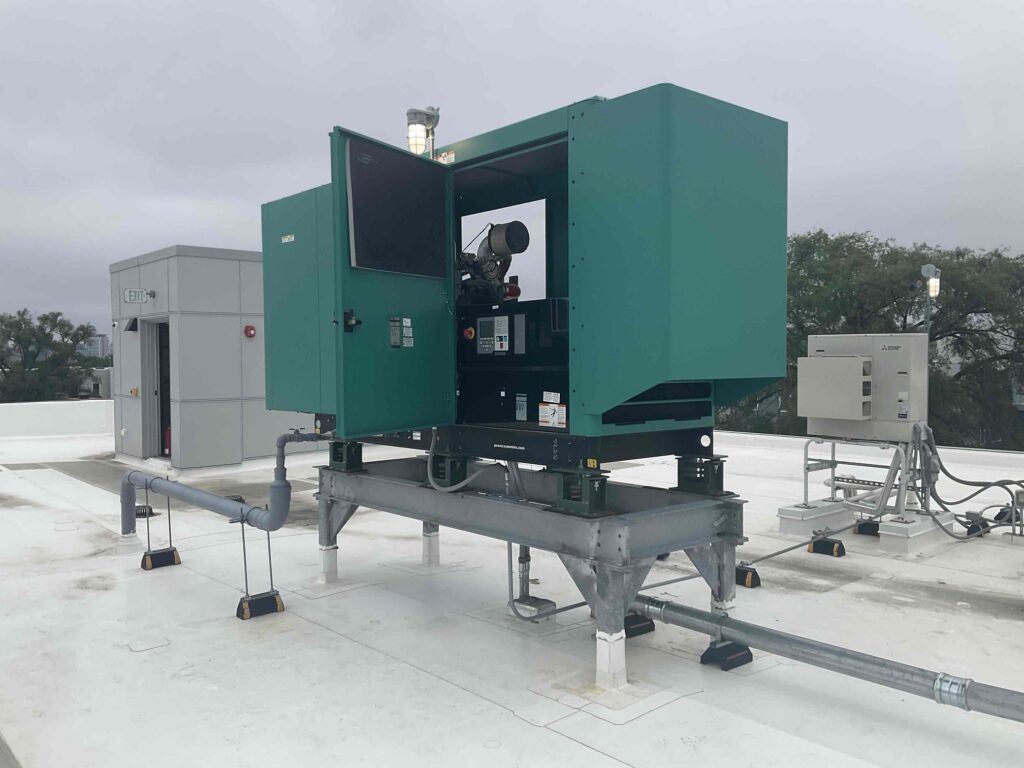
Location, Permits, and Installation Requirements
Where you place your generator affects everything from performance to compliance. Consider:
- Indoor vs. Outdoor Installation
- Noise Ordinances
- Exhaust Routing
- Ventilation and Clearance
- Local Building Codes and Environmental Regulations
Tip: If you are buying a generator to replace an existing generator, changes to the building and electrical codes might not allow the replacement to be installed in the same location.
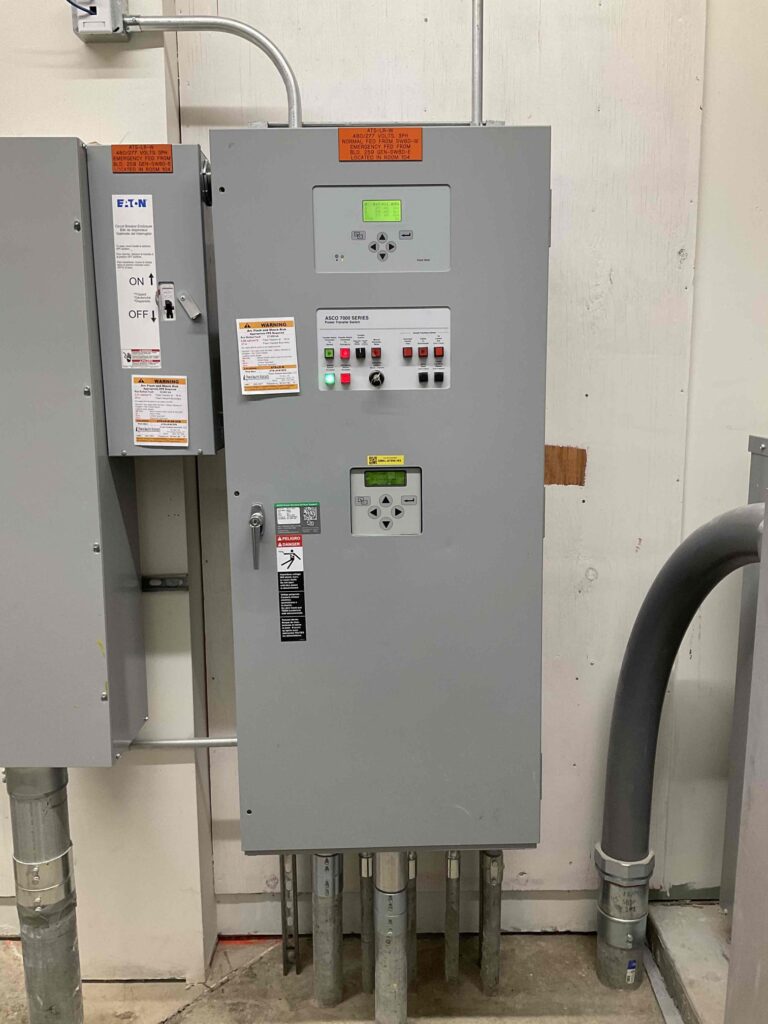
Understand Transfer Switch Options
An automatic transfer switch (ATS) seamlessly shifts your power source from the grid to the generator during an outage. Choosing the right type of ATS is critical for ensuring safety, compliance, and uninterrupted operations. If your business can’t afford even a split-second power loss, the transfer switch becomes a crucial part of your system design.
Budget and Options
Buying a generator systems represent a significant capital investment, so it’s critical to make a well-informed decision. With the wide array of commercial generator options on the market today, it can be overwhelming to determine which system is the best fit for your business. Some models offer enhanced fuel efficiency, others prioritize ultra-low emissions, and many feature extended warranties or increased reliability for mission-critical operations. Pricing can vary considerably depending on the brand, size, and included technology, so it’s essential to look beyond the sticker price and consider the total cost of ownership over the generator’s lifespan.
To make the right choice, partner with a generator vendor who takes the time to understand your facility’s operational priorities, risk tolerance, and budget constraints. Weld Power Generator can provide multiple equipment options from a range of trusted manufacturers, helping you weigh the pros and cons of each based on your specific needs. Whether your focus is long-term reliability, energy efficiency, or maximizing value, our diverse portfolio and industry expertise can guide you toward a generator solution that aligns with your business goals.
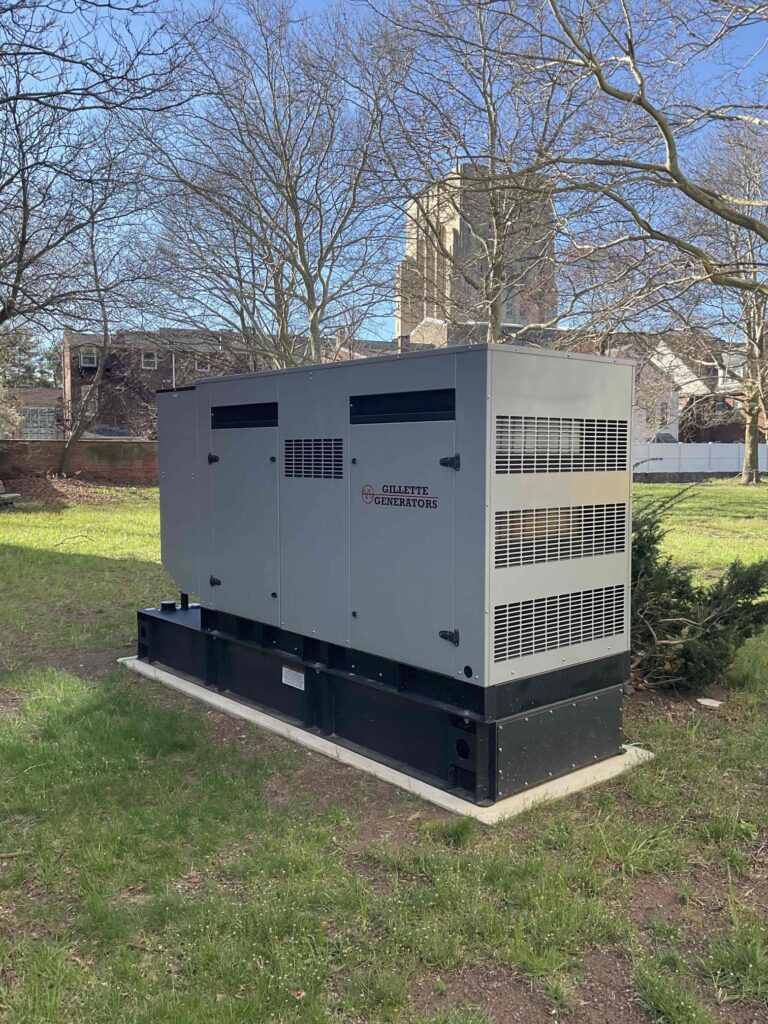
Consider Maintenance and Support
A generator is only as reliable as the maintenance plan behind it. Weld Power Generator offers preventative maintenance, emergency repair services, and remote monitoring capabilities. Regular inspections, oil and coolant changes, load bank testing, and fuel quality checks that are essential to long-term reliability.
Tip: Ask about service contracts and response time guarantees, especially if your facility cannot afford downtime.
Work With a Turnkey Provider
Buying a commercial generator isn’t just about the unit itself, it also involves site prep, installation, electrical integration, fuel supply, and ongoing maintenance. Weld Power Generator offers turnkey solutions and can manage the entire project from start to finish, saving you time, money, and stress.
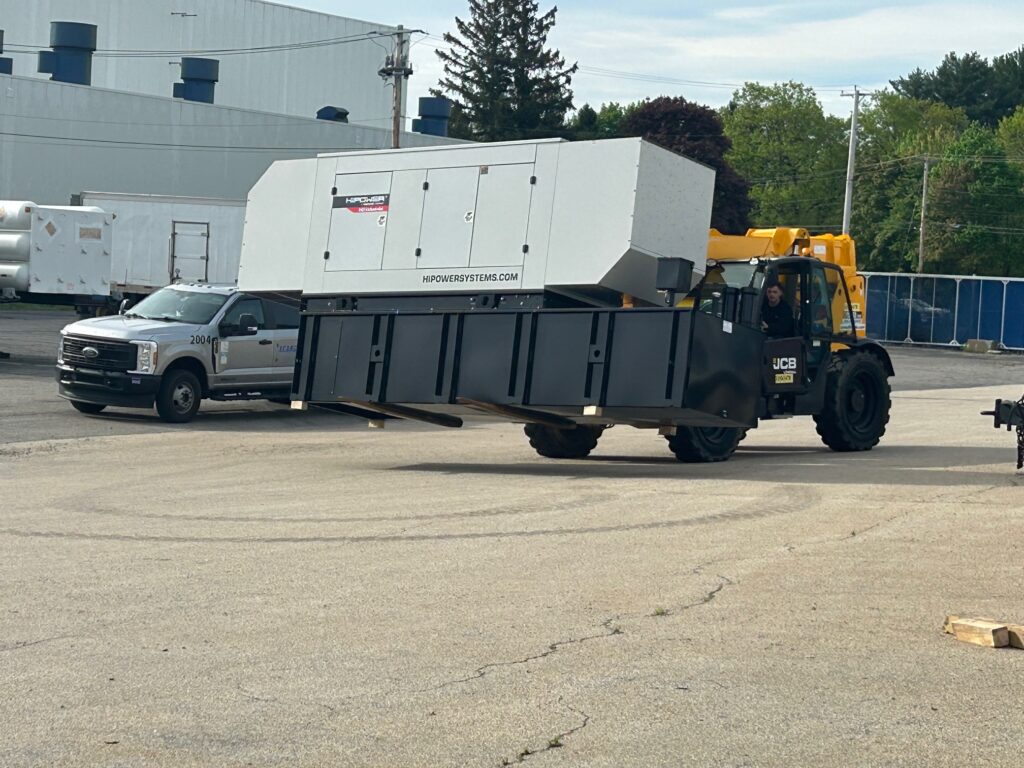
Final Thoughts
Buying a generator is not a one-size-fits-all decision. It requires a clear understanding of your business’s power needs, regulatory requirements, and business continuity goals. Partnering with an experienced provider who offers full project management, multiple equipment options, and long-term service support is the best way to ensure you get a generator system that protects your business, no matter what.
Need help evaluating your options?
Contact Weld Power Generator today to schedule a free site assessment and power needs consultation.
